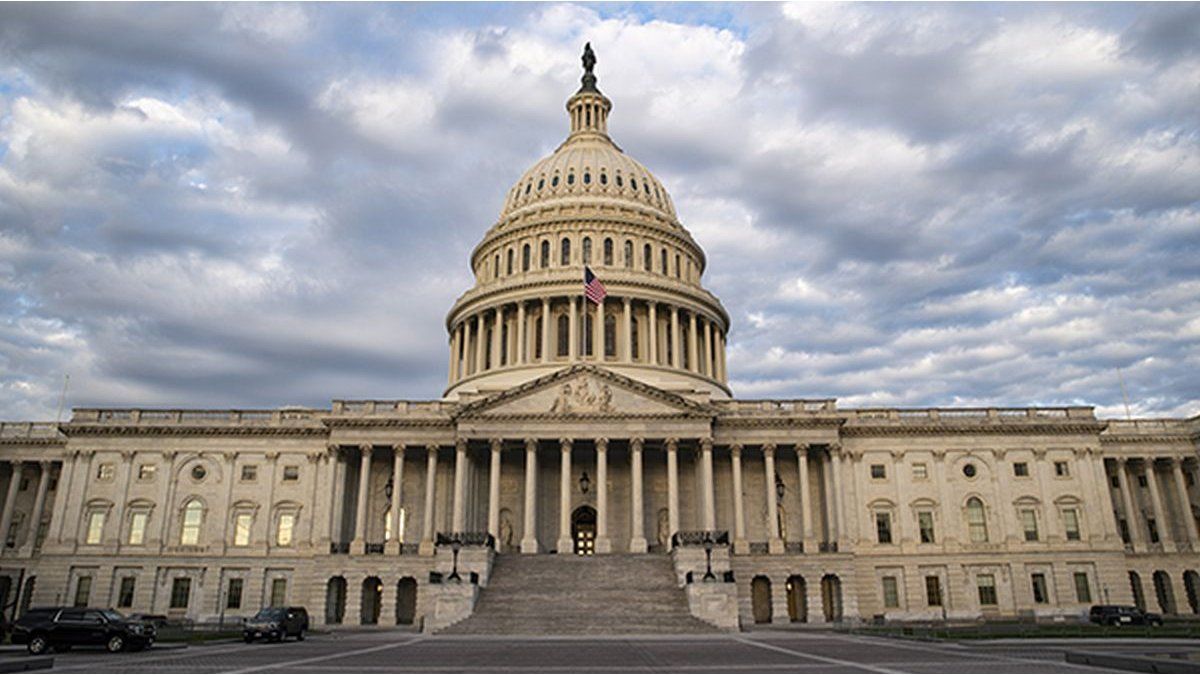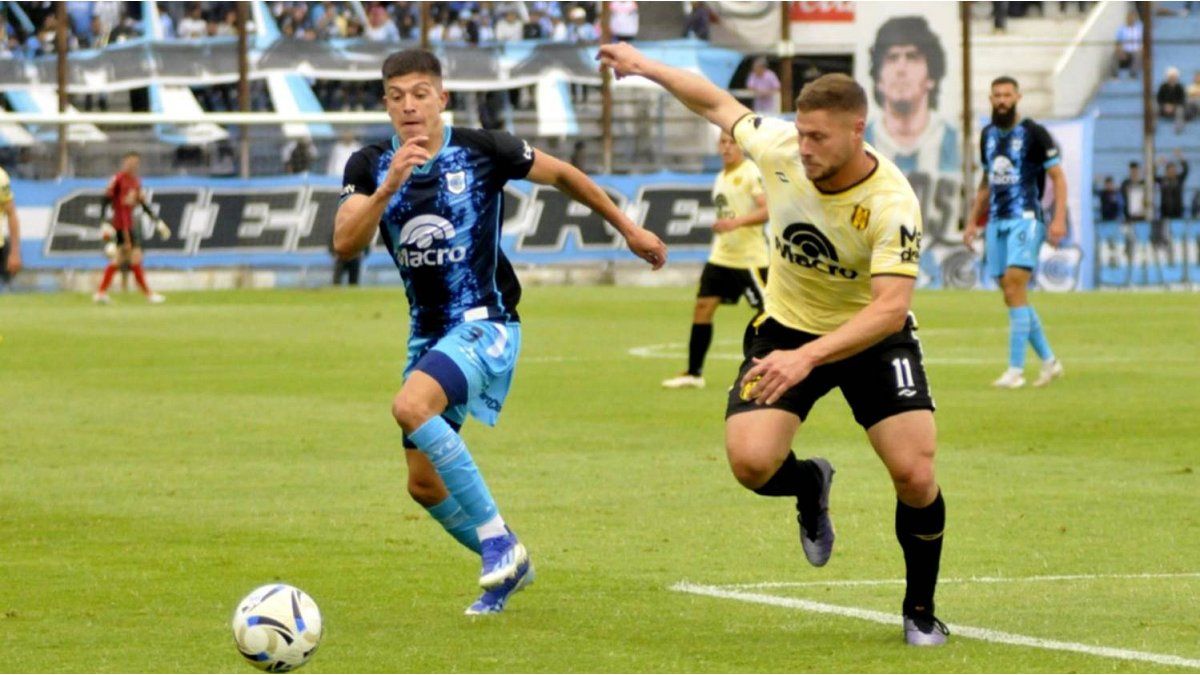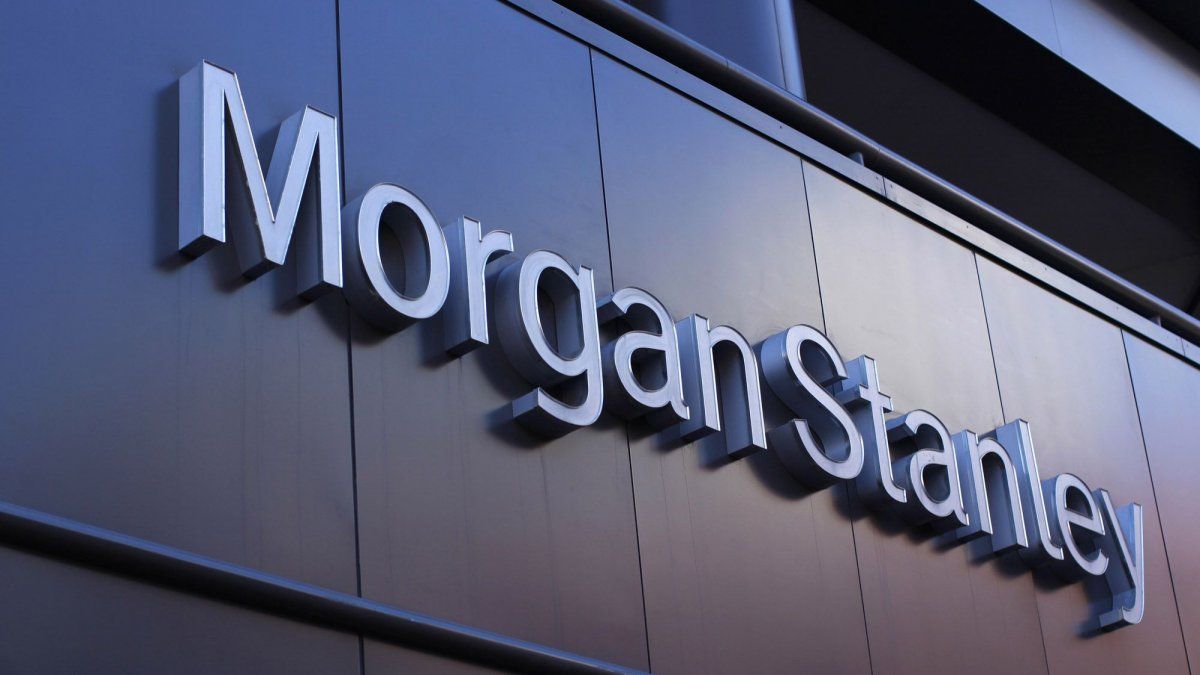David William is a talented author who has made a name for himself in the world of writing. He is a professional author who writes on a wide range of topics, from general interest to opinion news. David is currently working as a writer at 24 hours worlds where he brings his unique perspective and in-depth research to his articles, making them both informative and engaging.
Menu
“Local time Germany”: Frank-Walter Steinmeier – days in Altenburg
Categories
Most Read
Venezuela: USA sends bombers off the coast of the Caribbean country again
October 27, 2025
No Comments
Brazil: How a mother and her children escaped the flood
October 27, 2025
No Comments
Donald Trump is again flirting with a third term in office
October 27, 2025
No Comments
Madrid: Spain facing government crisis: Catalans break with Sánchez
October 27, 2025
No Comments
Julian Reichelt: Investigations on suspicion of incitement to hatred
October 27, 2025
No Comments
Latest Posts

a food program that benefits 42 million people will be suspended
October 28, 2025
No Comments
He United States Department of Agriculture announced that the Supplemental Nutrition Assistance Program (SNAP)which reaches 42 million beneficiaries, will not have funds as of November

Strong failure in the Nacional: the AFA declared the match lost to Gimnasia de Jujuy in the duel against Deportivo Madryn
October 28, 2025
No Comments
October 27, 2025 – 21:33 The AFA Disciplinary Court decided to declare the match lost to the Jujuy team after its leaders threatened referee Lucas

US banks adjust forecasts on the dollar, after Javier Milei’s resounding victory
October 28, 2025
No Comments
On the political level, the majority of international bank analysts expressed their “surprise” at the resounding and unexpected victory of Javier Milei. To put it
24 Hours Worlds is a comprehensive source of instant world current affairs, offering up-to-the-minute coverage of breaking news and events from around the globe. With a team of experienced journalists and experts on hand 24/7.

